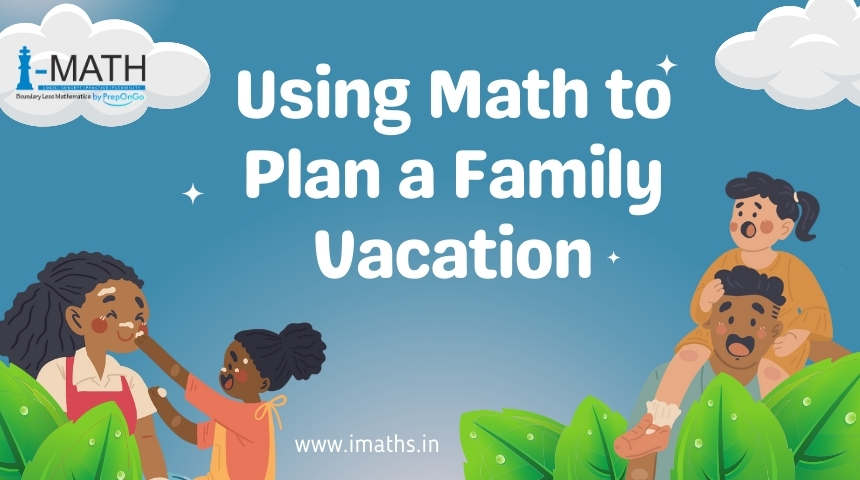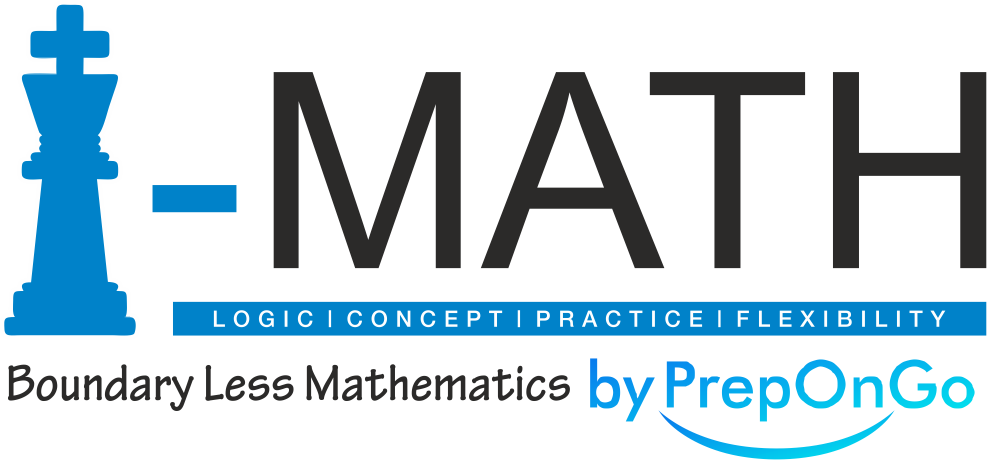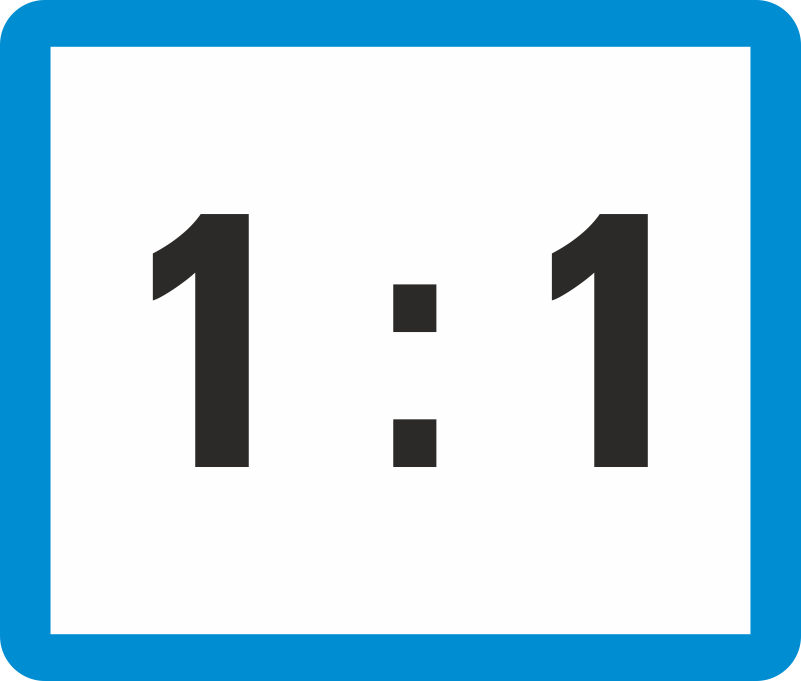Using Math to Plan a Family Vacation

Planning a family vacation involves more than just picking a destination and packing your bags. It requires careful consideration and use of math to ensure everything goes smoothly and fits within your budget. From calculating expenses to scheduling activities, math is an essential tool in the planning process. In this blog, we will explore how you can use math to plan a family vacation and make the most out of your trip.
Budgeting for the Trip
The first step in planning a vacation is to establish a budget. This involves calculating all possible expenses to determine how much money you will need.
- Transportation Costs
- Flights or Train Tickets: Calculate the total cost of transportation by multiplying the ticket price by the number of family members. For example, if a flight ticket costs Rs. 5,000 and you have four family members, the total cost will be Rs. 20,000.
- Fuel for Car Travel: If you’re driving, estimate the cost of fuel. Find out your car’s mileage and the distance to your destination. For example, if your car gives 15 km per liter and the trip is 600 km, you’ll need 40 liters of fuel. If the price of fuel is Rs. 90 per liter, the total cost will be Rs. 3,600.
- Accommodation
- Hotel Costs: Calculate the total cost by multiplying the nightly rate by the number of nights you’ll be staying. For example, if a hotel room costs Rs. 3,000 per night and you’re staying for 5 nights, the total cost will be Rs. 15,000.
- Food and Dining
- Daily Food Budget: Estimate how much you’ll spend on meals each day and multiply by the number of days. If you budget Rs. 1,500 per day for food and your trip is 5 days long, the total food cost will be Rs. 7,500.
- Activities and Entertainment
- Entry Fees and Tickets: Add up the costs of any activities you plan to do. For example, if amusement park tickets cost Rs. 1,200 per person and you have four family members, the total cost will be Rs. 4,800.
- Miscellaneous Expenses
- Extra Costs: Always include a buffer for unexpected expenses, such as souvenirs or emergency purchases. A good rule of thumb is to add an extra 10-15% to your total budget.
Scheduling and Time Management
Effective time management ensures that you make the most of your vacation without feeling rushed. Here’s how math can help you plan your schedule:
- Travel Time
- Calculate the time it takes to travel to your destination and between activities. For example, if your flight is 2 hours and you need an additional 1 hour to get to the airport and 1 hour to get to your hotel, the total travel time is 4 hours.
- Activity Duration
- Estimate how long you’ll spend on each activity. If you plan to visit a museum from 10 AM to 1 PM and then go for lunch from 1 PM to 2 PM, you can plan your afternoon activities accordingly.
- Daily Itinerary
- Create a daily schedule by breaking down your day into time slots. For example, allocate time for breakfast, travel, activities, lunch, relaxation, and dinner. Ensure you leave some free time for rest and spontaneous activities.
Cost Comparisons and Savings
Math can help you find the best deals and save money:
- Compare Prices
- Use math to compare prices of flights, hotels, and activities. For example, if two hotels offer similar amenities but different rates (Rs. 3,000 per night vs. Rs. 3,500 per night), you can calculate the total cost difference over your stay.
- Calculate Discounts
- Apply discounts and offers to your expenses. For example, if you have a 10% discount on hotel stays, calculate the savings by multiplying the discount rate by the total cost. For a Rs. 15,000 stay, a 10% discount saves you Rs. 1,500.
- Package Deals
- Evaluate package deals by breaking down the cost of each included item to see if it’s cheaper than booking separately. For example, a package that includes flights and hotel for Rs. 50,000 might be cheaper than booking each separately for Rs. 55,000.
Currency Conversion
If you’re traveling abroad, understanding currency conversion is crucial:
- Exchange Rates
- Calculate how much money you’ll get after conversion. For example, if 1 USD is equivalent to Rs. 75, and you exchange 1,000 USD, you’ll receive Rs. 75,000.
- Budget in Foreign Currency
- Convert your budget into the local currency of your destination to manage expenses better. If your budget is Rs. 1,00,000 and you’re traveling to a country where 1 unit of their currency equals Rs. 10, you’ll have 10,000 units of the local currency.
Conclusion
Using Math to Plan a Family Vacation not only ensures you stay within budget but also helps you manage your time efficiently and make informed decisions. By calculating expenses, comparing costs, and planning your itinerary, you can enjoy a stress-free and enjoyable family vacation. So, get out your calculator, start planning, and look forward to making wonderful memories with your loved ones!




